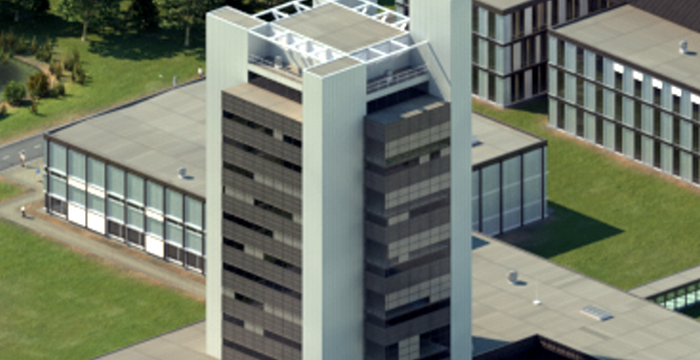Developing advanced materials relies on a profound understanding of microstructural defect physics. Like human DNA shapes traits, microstructural defects govern material properties. These defects interact intricately, serving as the gateway to potential material failures. My ambition is to uncover these complexities, extending scientific insights into defect engineering, much like 'gene editing', to precisely craft properties for engineering materials.
My research focuses on understanding the behavior of complex, hierarchically structured materials through computational methods. This requires the combination of modeling techniques at different time and length scales. I work on developing multiscale and multiphysics computational methods, to advance the understanding of the microstructure-property-performance relationship of metallic materials, so as to investigate the degree to which microstructures are tunable to support the engineering of manufactured materials.
I started working on defect engineering for crystalline materials already during my PhD at Tsinghua University (China), where my research was focused on high-temperature applications. In July 2018, I obtained my PhD for my work on 'Thermally activated dislocation mechanisms in Crystal Plasticity' under the supervision of Prof. Zhuo Zhuang.
I then joined the Oxford Micromechanics Group and Solid Mechanics and Materials Engineering Group at the University of Oxford (UK) as a postdoc. Collaborating with Prof. Alan Cocks (FREng) and Prof. Edmund Tarleton, my research broadened into the mechanical behavior of in-core nuclear components in the presence of irradiation damage, with special focus on the interaction between dislocation motion and the diffusion of point defects.
In September 2022, I took my current role of Assistant Professor in the Computational Design of Structural Materials group at the University of Twente. I was appointed as part of the "Sector Plan Techniek" with focus area "Next Generation Structural Materials". Here, I have further advanced my expertise in metallic materials to explore new material systems, such as ceramic oxides and recycled fiber-reinforced polymer composites. Aligned with my commitment to advancing knowledge, I contribute to education by teaching courses in 'Materials Science' for bachelor students and 'Plasticity' for master students.
Expertise
Physics
- Model
- Diffusivity
- Cores
Material Science
- Dislocation
- Temperature
- Metal
- Material
- Dislocation Dynamics
Organisations
My research focuses on understanding the behavior of complex, hierarchically structured materials through computational methods. This requires the combination of modeling techniques at different time and length scales. I work on developing multiscale and multiphysics computational methods, to advance the understanding of the microstructure-property-performance relationship of metallic materials, so as to investigate the degree to which microstructures are tunable to support the engineering of manufactured materials for temperature and radiation resistance.
My main research themes are:
- Material defect physics and science (precipitates, vacancies/interstitials, dislocation loops, etc.)
- Discrete dislocation plasticity
- Coupled mechanical/diffusion modeling
- Finite Element Modeling
- Phase Field Modeling
Publications
2025
2023
2021
2020
Research profiles
Affiliated study programs
Courses academic year 2024/2025
Courses in the current academic year are added at the moment they are finalised in the Osiris system. Therefore it is possible that the list is not yet complete for the whole academic year.
Courses academic year 2023/2024
Address

University of Twente
Horst Complex (building no. 20), room N204
De Horst 2
7522 LW Enschede
Netherlands
University of Twente
Horst Complex N204
P.O. Box 217
7500 AE Enschede
Netherlands